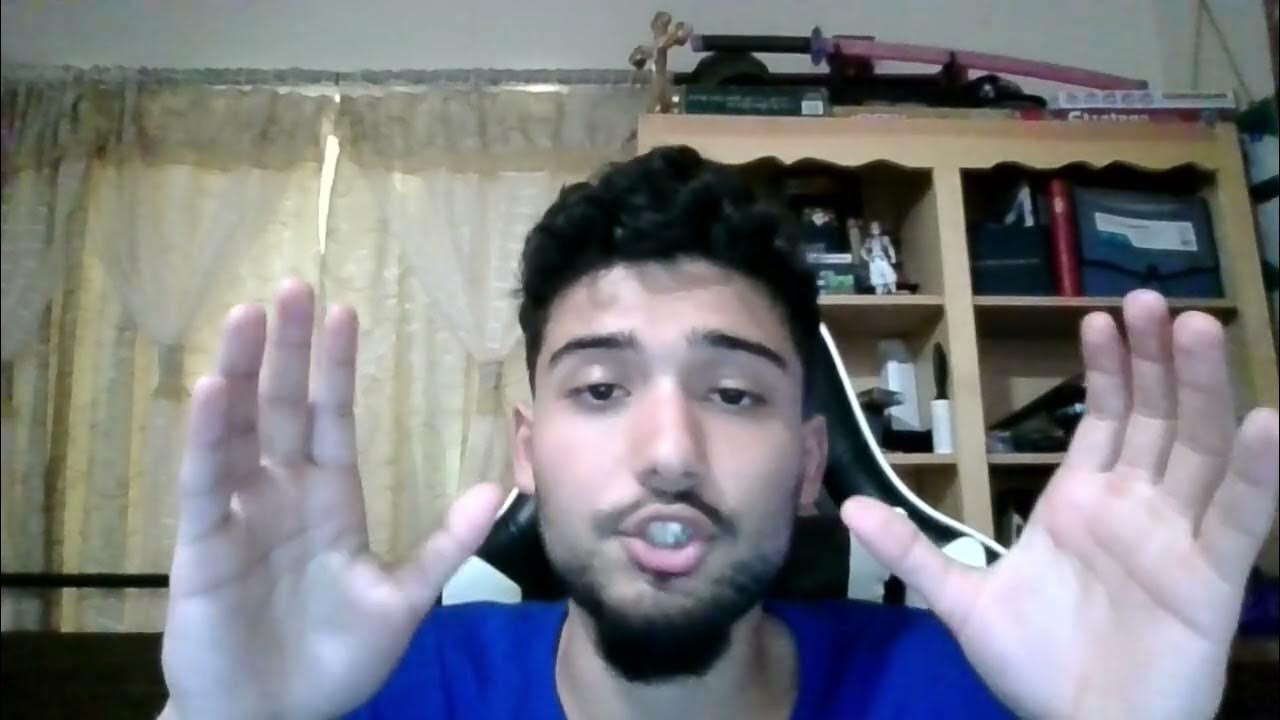Language: The Bridge Between Cultures | Grant Cho | TEDxYouth@Conejo
Summary
TLDRGrant Chavez shares his belief that language is not a barrier but a bridge to understanding and connection. Through two personal experiences in South Korea, he illustrates how knowing Chinese and Korean enabled him to help others and immerse in their culture. Chavez emphasizes the importance of language in preserving cultural heritage and encourages learning new languages to foster unity and insight into diverse perspectives.
Takeaways
- 🌐 Language is a bridge, not a barrier, that enables understanding and communication across cultures.
- 🛫 The speaker's experience on a flight to South Korea highlighted the importance of language in providing assistance to those in need.
- 👵 An elderly Chinese woman's struggle on a plane demonstrated the practical challenges of language barriers in daily life.
- 💪 The speaker's rudimentary Chinese helped to bridge the gap between the woman and the flight crew, showing the power of even basic language skills.
- 🇰🇷 Growing up as a Korean-American, the speaker's limited Korean initially hindered deeper cultural engagement.
- 👥 Joining a local program in Korea allowed the speaker to immerse in the language and culture, leading to personal growth and connection.
- 🤔 The confusion over the use of 'Sam' in Korea underscored the importance of understanding cultural nuances in language use.
- 🌍 Learning languages like Chinese and Korean provided the speaker with new lenses to view the world and participate in different cultures.
- 🏞️ Language loss is a significant issue, with a language dying every 14 days, leading to the loss of cultural perspectives.
- 🗣️ The speaker encourages overcoming the fear of language learning to preserve and appreciate cultural diversity.
- 🇺🇸 The script concludes with a call to action for Americans to embrace language learning to better understand and connect with diverse cultures within their own country.
Q & A
What does the speaker believe language should be instead of a barrier?
-The speaker believes that language should be a lens that helps us understand one another, communicate, and learn about different cultures.
What was the first experience the speaker had that solidified their belief about language?
-The first experience was on a flight to South Korea where the speaker noticed an elderly Chinese woman struggling to move around due to a blocked pathway by a baby bed, and the language barrier preventing her from getting help.
How did the speaker assist the elderly woman on the flight?
-The speaker used their rudimentary knowledge of Chinese to communicate with the woman and convey her issues to the flight attendants, who then adjusted her seat and helped her.
Outlines

Dieser Bereich ist nur für Premium-Benutzer verfügbar. Bitte führen Sie ein Upgrade durch, um auf diesen Abschnitt zuzugreifen.
Upgrade durchführenMindmap

Dieser Bereich ist nur für Premium-Benutzer verfügbar. Bitte führen Sie ein Upgrade durch, um auf diesen Abschnitt zuzugreifen.
Upgrade durchführenKeywords

Dieser Bereich ist nur für Premium-Benutzer verfügbar. Bitte führen Sie ein Upgrade durch, um auf diesen Abschnitt zuzugreifen.
Upgrade durchführenHighlights

Dieser Bereich ist nur für Premium-Benutzer verfügbar. Bitte führen Sie ein Upgrade durch, um auf diesen Abschnitt zuzugreifen.
Upgrade durchführenTranscripts

Dieser Bereich ist nur für Premium-Benutzer verfügbar. Bitte führen Sie ein Upgrade durch, um auf diesen Abschnitt zuzugreifen.
Upgrade durchführenWeitere ähnliche Videos ansehen
5.0 / 5 (0 votes)






